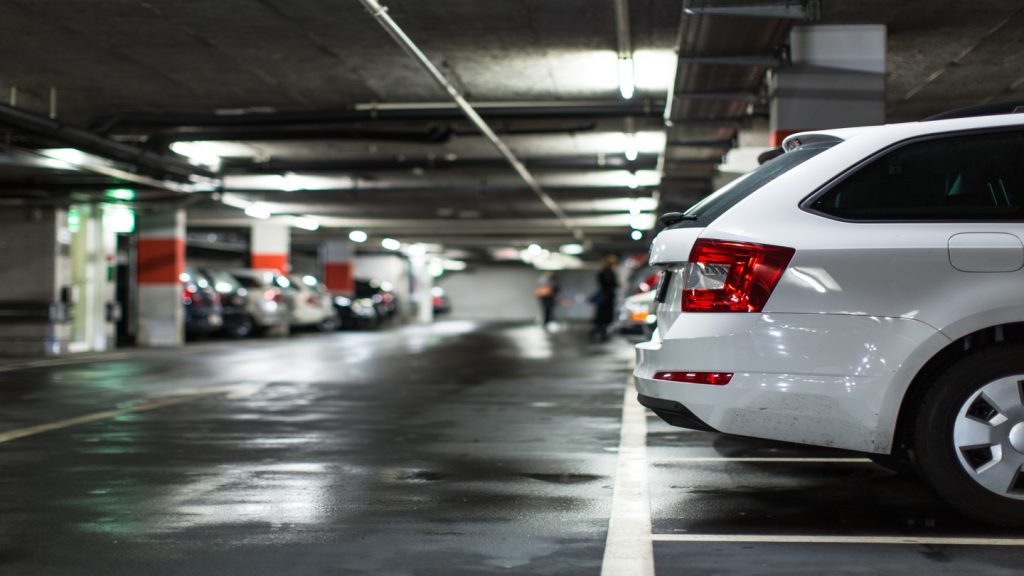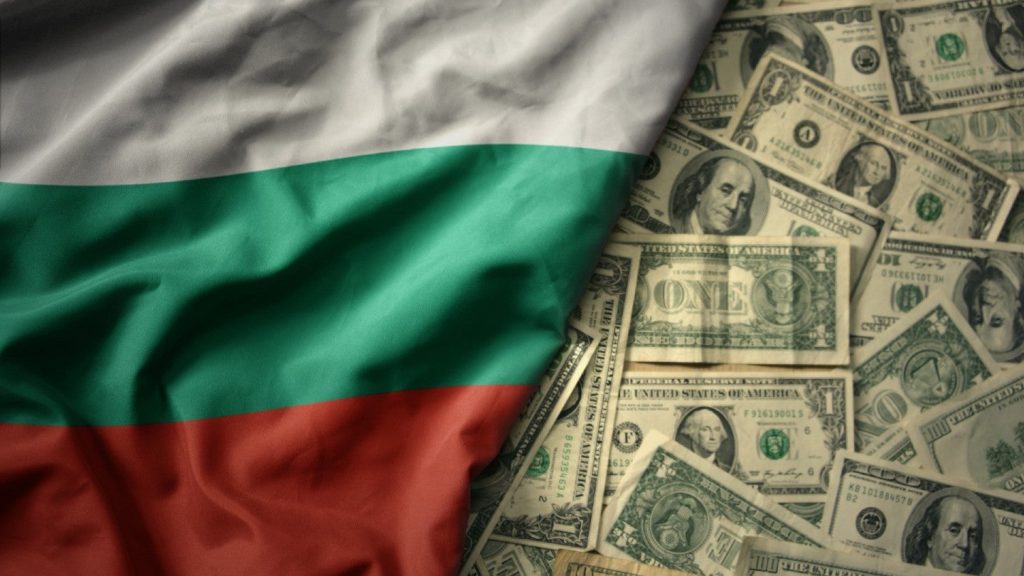Hosting one of the world’s most prestigious and major sporting tournaments is normally enough for a host country to contend with, but not Brazil. After hosting the Pan American Games in Rio de Janeiro in 2007, the nation is now preparing to host the FIFA World Cup in 2014 followed by the Olympic Games in 2016.
Far from taking on more than it can chew, the largest country in South America is hoping to leverage its experience and expertise from the first two tournaments to successfully deliver the continent’s first-ever Olympics tournament.
The Olympic Organising Committee’s project manager, Alexandre Techima, says he believes that hosting so many tournaments within close proximity of one another is a blessing not a curse for the country.
“The preliminary master plan for the 2016 Olympic Games was originally conceived in 2007 shortly after we hosted the Pan American Games,” he says. “By the time we started the plan we had already developed world-class venues in Rio de Janeiro and had fresh experience in our minds of organising a major sporting event.”
“We are therefore able to maximise our funds by leveraging on existing venues which require only small changes or retrofitting. The other advantage is we have been able to largely keep together the same team that organised the Pan American Games, so we have continuity in terms of efficient planning.”
See Also:
The Samba marathon
How well do you really know your competitors?
Access the most comprehensive Company Profiles on the market, powered by GlobalData. Save hours of research. Gain competitive edge.

Thank you!
Your download email will arrive shortly
Not ready to buy yet? Download a free sample
We are confident about the unique quality of our Company Profiles. However, we want you to make the most beneficial decision for your business, so we offer a free sample that you can download by submitting the below form
By GlobalDataOut of the proposed venues for the 2016 Olympic Games only 26% need to be constructed from scratch. Utilising existing infrastructure and venues constructed for the Pan American Games is therefore a vital part of Brazil’s preparation for the 2016 Olympics.
The Joao Havalange Stadium, for instance, was built in 2007 for the Pan American Games and will have its capacity permanently increased from 45,000 to 60,000 by 2016.
The world-famous Maracana stadium, which was originally constructed for the FIFA World Cup in 1950, will be upgraded for the 2014 World Cup and then used again two years later for the Olympics. Another Rio landmark, the Sambodromo which houses the city’s annual carnival parade, will also undergo renovation to become a venue for Olympic and Paralympic archery as well as the start and finish for the Olympic marathon.
Rio de Janeiro’s unusual blend of beaches, forest and mountains also offers a unique platform for the Olympic Organising Committee. The city’s popular Copacabana Beach will stage beach volley while the marathon swimming and triathlon events will take place at the headland of Fort Copacabana, giving spectators impressive views along the length of the 4km beach.
The city’s other major tourist attractions such as Sugar Loaf Mountain and Corcovado’s Christ the Redeemer will also be prominently displayed in the background during various sailing and water-based events.
Currently the tenth-largest economy in the world and forecast to be the fifth largest by 2016, Brazil appears to have a strong financial footing for the Olympic Games. In spite of the financial downturn, hefty funding is in place for the tournament, which already benefits from an approved US$240bn from the existing Government Programme for Growth Acceleration.
Beaches, mountains and Olympic medals
Like many other host cities of an Olympic Games, the Brazilian Government set up an Olympics Organising Committee to be in charge of all operational aspects of the tournament while an Olympic Delivery Authority (ODA) was assigned to ensure the necessary infrastructure is in place. A budget of US$2.8bn has been provided for the Olympics Organising Committee while a more portly sum of $11.6bn has been given to support the work of the ODA.
“Each venue has strong financial backing, which has allowed the government to focus more on the long-term post-event purpose,” Techima says.
Part of this process was identifying which areas of the city required what types of regeneration. “Rio de Janeiro can be roughly divided into four quadrants according to the divisions enforced by the city’s mountains and beaches,” Techima adds. “The organising committee has examined each quadrant and identified exactly what needs to be brought to the area.”
One such example is the Barra-based Olympic Training Centre (OTC), which will bring together a number of existing venues from the 2007 Pan American Games as well as constructing new facilities.
Located close to the Olympic and Paralympic Village, the OTC will be used as a competition and training venue during the games and is designed become a major regional sports hub for South America post-2016.
Meanwhile, in one of the most populated areas of Rio, Deodoro, cycling and canoeing venues are being established, which will benefit the local youth community after the games are held.
“We feel we have developed a master plan that successfully addresses the needs of the city’s four zones and will benefit the local communities for many years after the Games,” Techima says.
With six years to prepare for the Olympics before then and a FIFA World Cup to stage in-between, the Olympic Planning Committee will have a busy time preparing for the all-important event.






